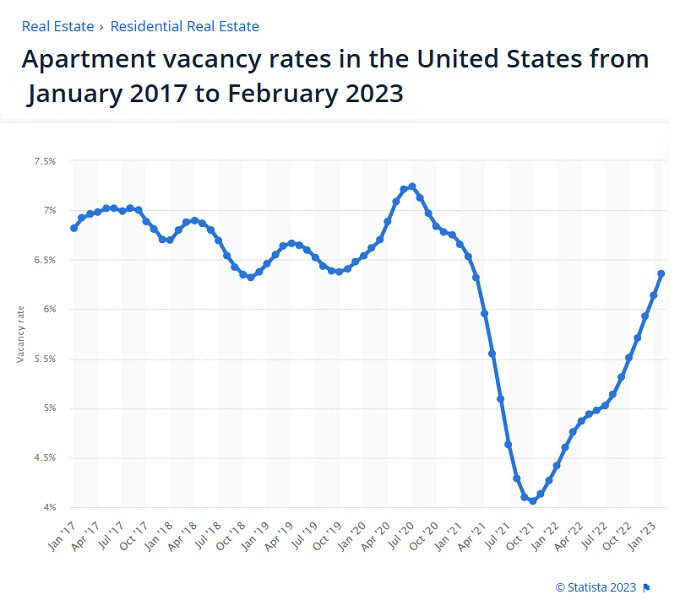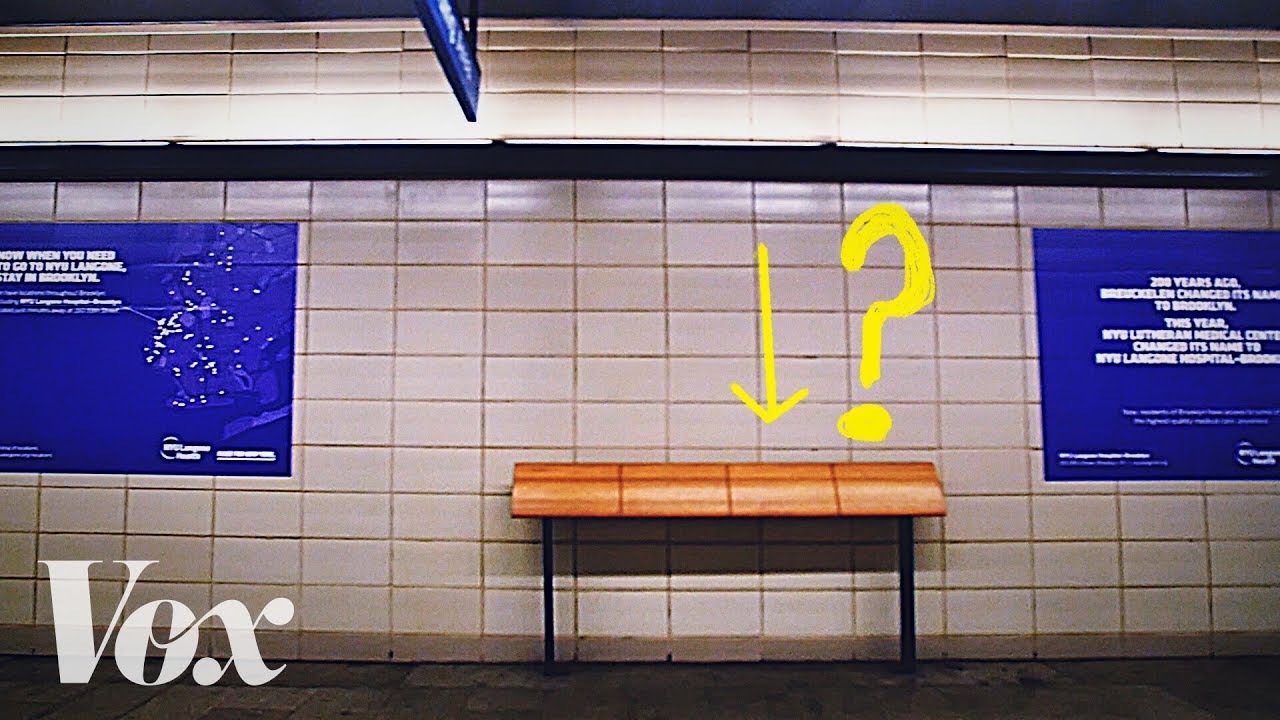I think an Integral approach would parse some of the macro issues around homelessness. For instance, housing is of three basic types: low-income, affordable, and market value. Low-income and affordable housing are not the same. The Housing and Urban Development (HUD) is the US agency that administers low-income housing projects and programs. Reportedly, for about 80 available HUD (aka Section 8) units, there are about 2000 qualified applicants, and the wait times for housing vouchers can be as long as 8-10 years. So clearly HUD is a program that needs “challenged,” which means to be better funded or otherwise supported or improved or revamped as the need outstrips what is available. Affordable housing is considered below-market value housing, and there is a lack here too. Where I live, the city is assisting developers (tax breaks and such) in building more affordable housing for teachers, firefighters, police, nurses, and others in what used to be considered the middle-class (now diminishing). What is happening all across the country is that corporations are buying up properties and turning vacant office buildings into apartments and such, but not into affordable or low-income housing but into higher-end housing that a particular segment of the market can bear. This inflates housing prices across the board, those for sale and those for rent, in any particular community. Homes being turned into vacation rentals also affects available housing. So these are some macro issues that make some people houseless, homeless, but there are others of course. Available low-income or affordable housing for seniors is also a problem. As Marianne Williamson states again and again, a pretty lone voice in the cacophony, half of seniors in the US live on less than $25,000 a year. Social Security is inadequate for these people, so that’s a federal program that needs to be better supported, and also looked at in terms of its solvency. I am of course addressing only one aspect of the causative factors for homelessness, but housing is a pretty big one, and it’s all pretty much related to an economic system that is leaving too many people behind.
Public safety, as @robert.bunge pointed out, does need to be considered in relation to unsheltered homeless people. The pendulum always swings, and I think integralists would take a both-and approach, attending to the public safety issues but also the needs of the homeless.
While crime levels vary in different places, and while there were increases in crime, including violent crimes, in 2020 and 2021, they were still 30-40% lower than in the 90s. In 2022, overall crime rates are down, including: murders (down by 6.1%), rape (down 5.4%), aggravated assault (down 1.1%). Yet people have the perception that crime is rising. I think much of this has to do with the spectacle of mass shootings, as well as a general sense that there is disorder in society. Again the visibility of street people plays into this, as does the hang-over from Jan. 6, the number of political protests, the coarseness of political and social media talk, and being fed a steady diet by some of the media and some of the political powers that we are not safe. I am not trying to trivialize the safety issues presented by some of the homeless population (my own house was broken into by a homeless person years ago), but crime is not near where it was 25-30 years ago. We are generally safer (from crime) than we might imagine, and an integralist approach would do what it can to clear up the misperceptions, i.e. support the facts.
I offered that stat in order to provide some perspective. I don’t mean to trivialize or minimize the homelessness problem, or discount the very difficult existence of many of the homeless. There are so many problems in society, and all competing in a way for attention (and money). For instance, there are 500,000 new cases of Alzheimers disease each year in the US, with 6 million Americans living with it. There are 1.9 million new cancer cases each year, 608,570 deaths from it annually. 43.8 million adults in the US experience mental illness in any given year, with 10 million American adults living with a serious mental illness. 13.6 million adults in the US age 26 or older have a substance use disorder; 22% of males and 1.75% of females age 12 and older are alcohol dependent.
I think an integralist approach is one that is realistic; for instance, accepting that there are some people who are so traumatized, they most likely will never be able to live indoors or in close-knit relationships (I have known a few), or be able to obey the rules and regulations of shelters, so tent encampments are not such a bad idea. But I also think an integral approach is one that is idealistic, challenging old-school thinking about what can and cannot be done, and most of all, having a vision of a better world. While I personally can accept, for instance, that wars and all sorts of degradation and agony and moral squalor are a part of the current global picture, I can also still hold the vision of a planet in beauty and love and peace. (And on a lighter note, look forward to Pluto entering Aquarius on Jan. 24 next year, ushering in a 20 year period of more humaneness and greater equality consciousness along with some really positive scientific and technological breakthroughs ![]() )
)






